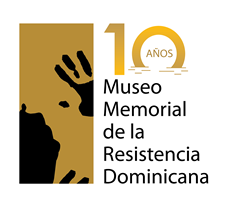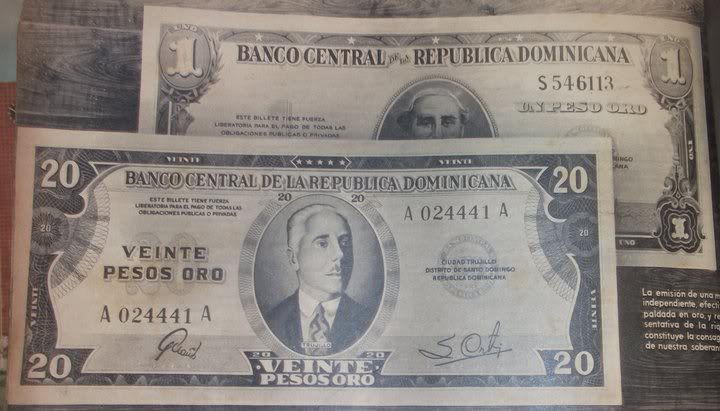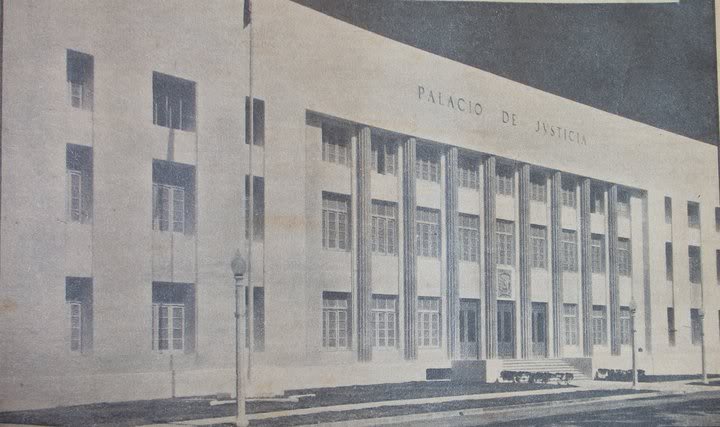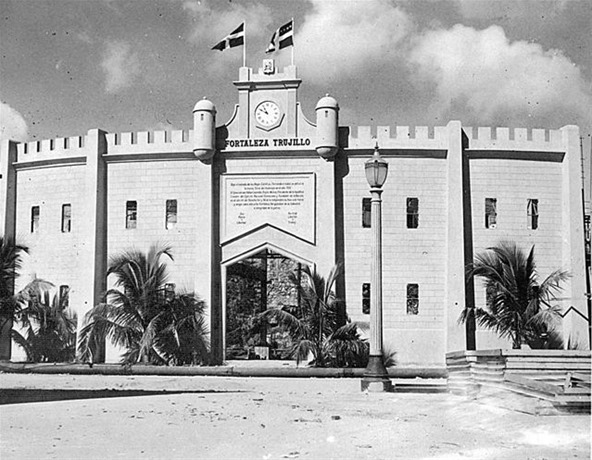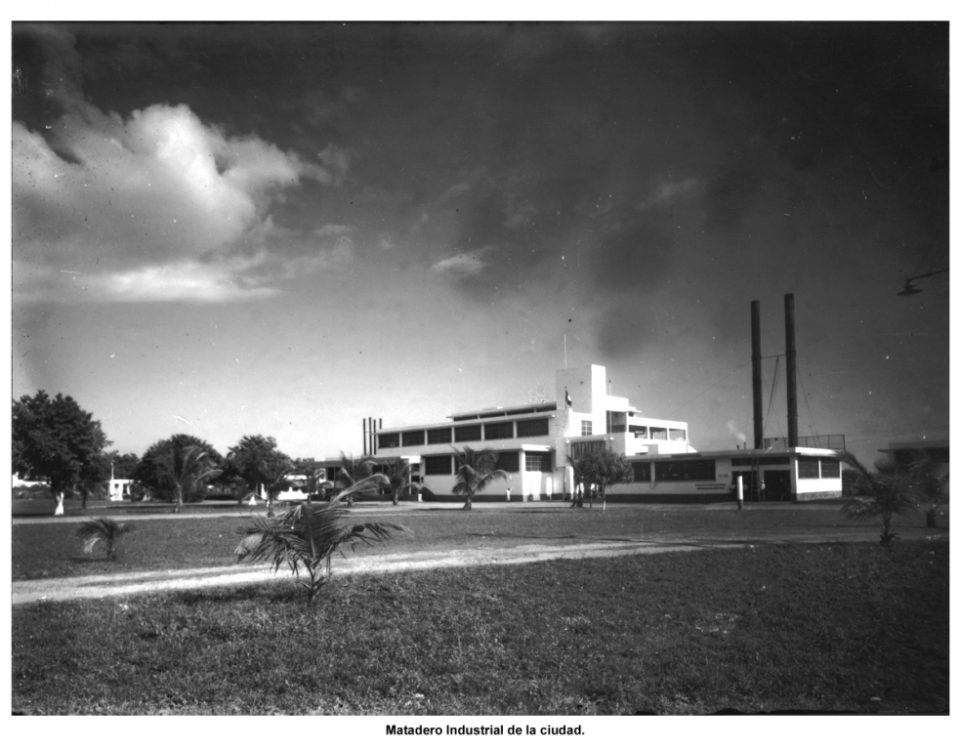The myth of the creation of the Dominican peso

The myth of the Trujillo Era economic development
February 24, 2017
The myth of the Dominican industry
February 24, 2017The dictatorship's supporters carried out a propaganda campaign in 1947 presenting the entry into circulation of the Dominican peso, instead of the dollar, and the founding of the Central Bank that same year, as measures of "high nationalist and patriotic sense", and proclaimed Trujillo as "Financial Restorer of the Republic" and in his honor a monument was erected on George Washington Avenue, plus a plaque that consecrated him as such on the Altar of the Homeland.
But the examination of the economic documentation has made it possible to establish that Trujillo, by putting the so-called Dominican peso into circulation and taking the U.S. dollar out of circulation, carried out a true swindle against the nation, an action that allowed him to steal in that operation a sum close to 12 million dollars (US$11,872,174), which is the difference between the dollars circulating in the country at that time (1947) plus the nation's dollar deposits in foreign banks, (US$60,081,174) foreign currency that the tyrant collected in the operation, and the new Dominican pesos exchanged for those dollars and put into circulation (RD$47,705,000), to replace the U.S. paper money.
As for the Central Bank, from the beginning Trujillo used this financial institution as a key source for the financing of his fraudulent personal businesses, which was the fundamental means of his great original accumulation of capital.
Thus, for example, in December 1947, just months after the Central Bank was founded, it sold the company Salinera Dominicana CxA to that entity for the sum of $2,777,693.23, when it was not even worth 200,000 pesos.
The amount previously mentioned in this other swindle is registered as "domestic debt" of the nation in the first bulletin published by the Central Bank in 1950.
At the dictator's death in 1961, of all the capital invested in national industry ($306,833.029), Trujillo owned 51%. The national industrialists had 7% and the foreign investment companies, almost all of them North American, had 42%. In other words, Trujillo was, consequently, lord and master of national finances and industries.
